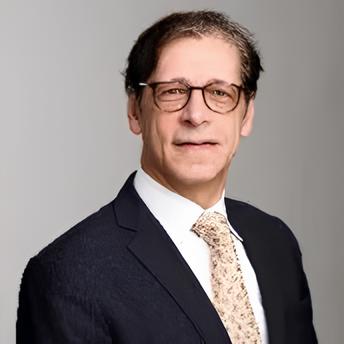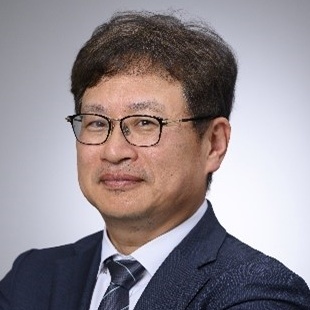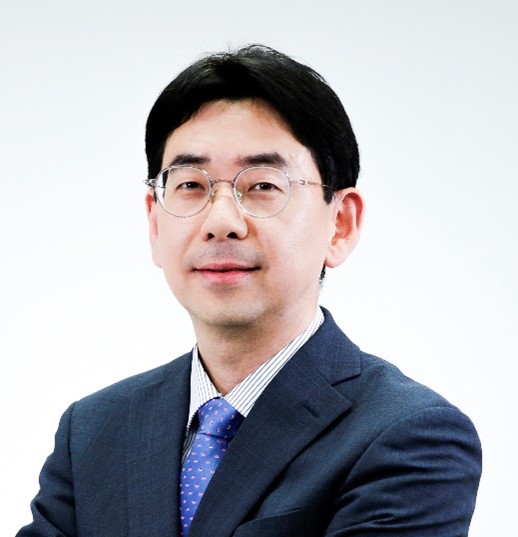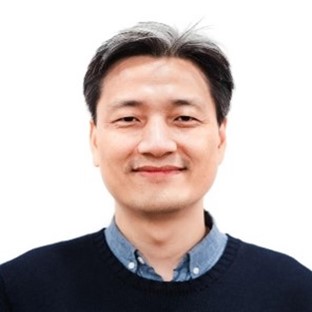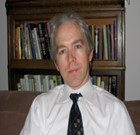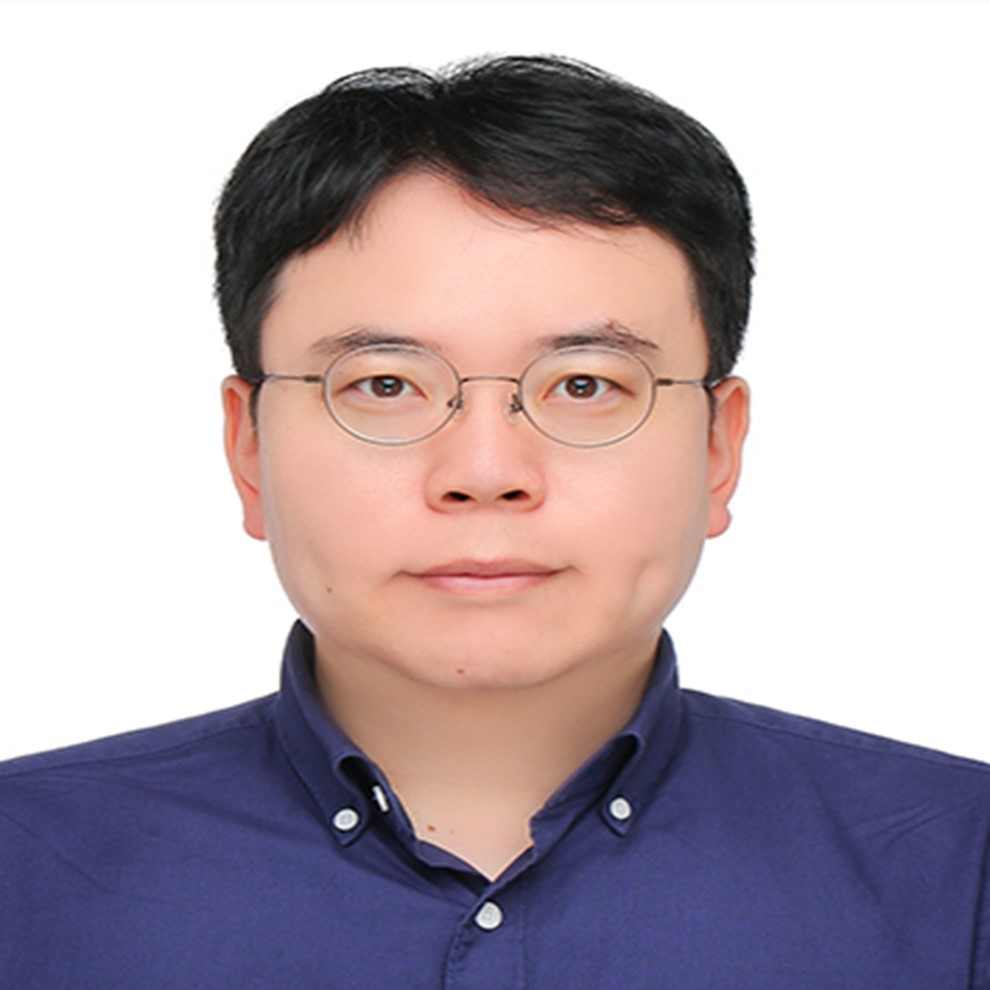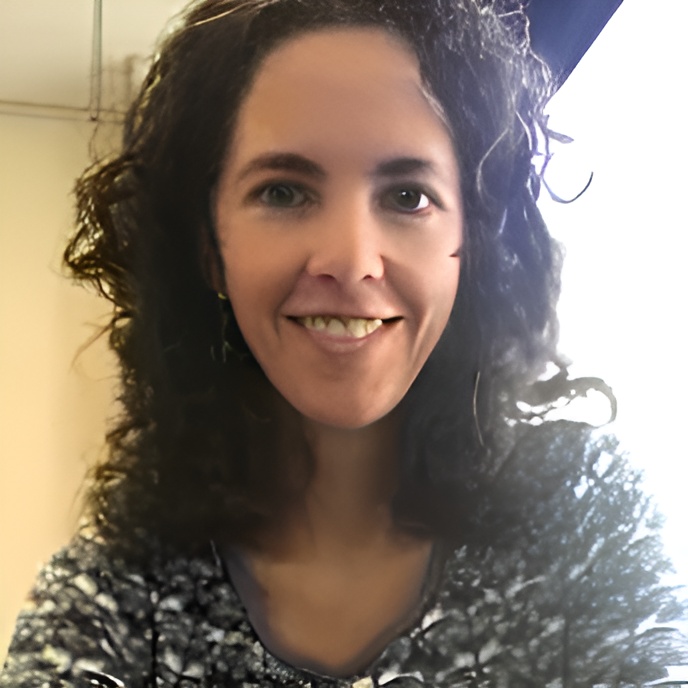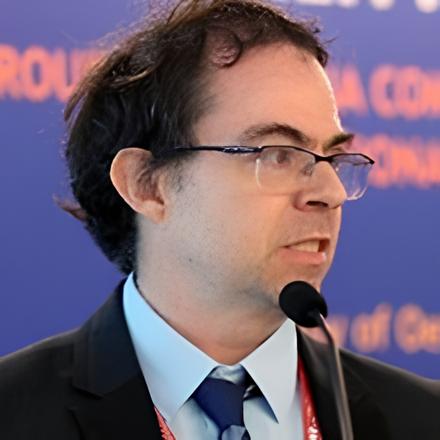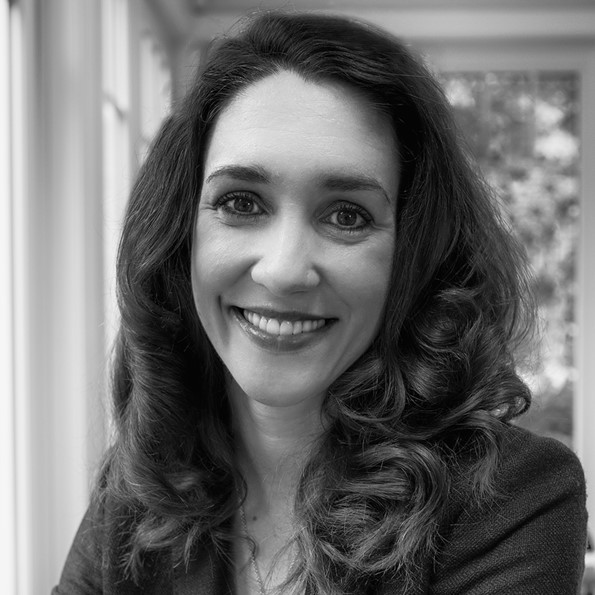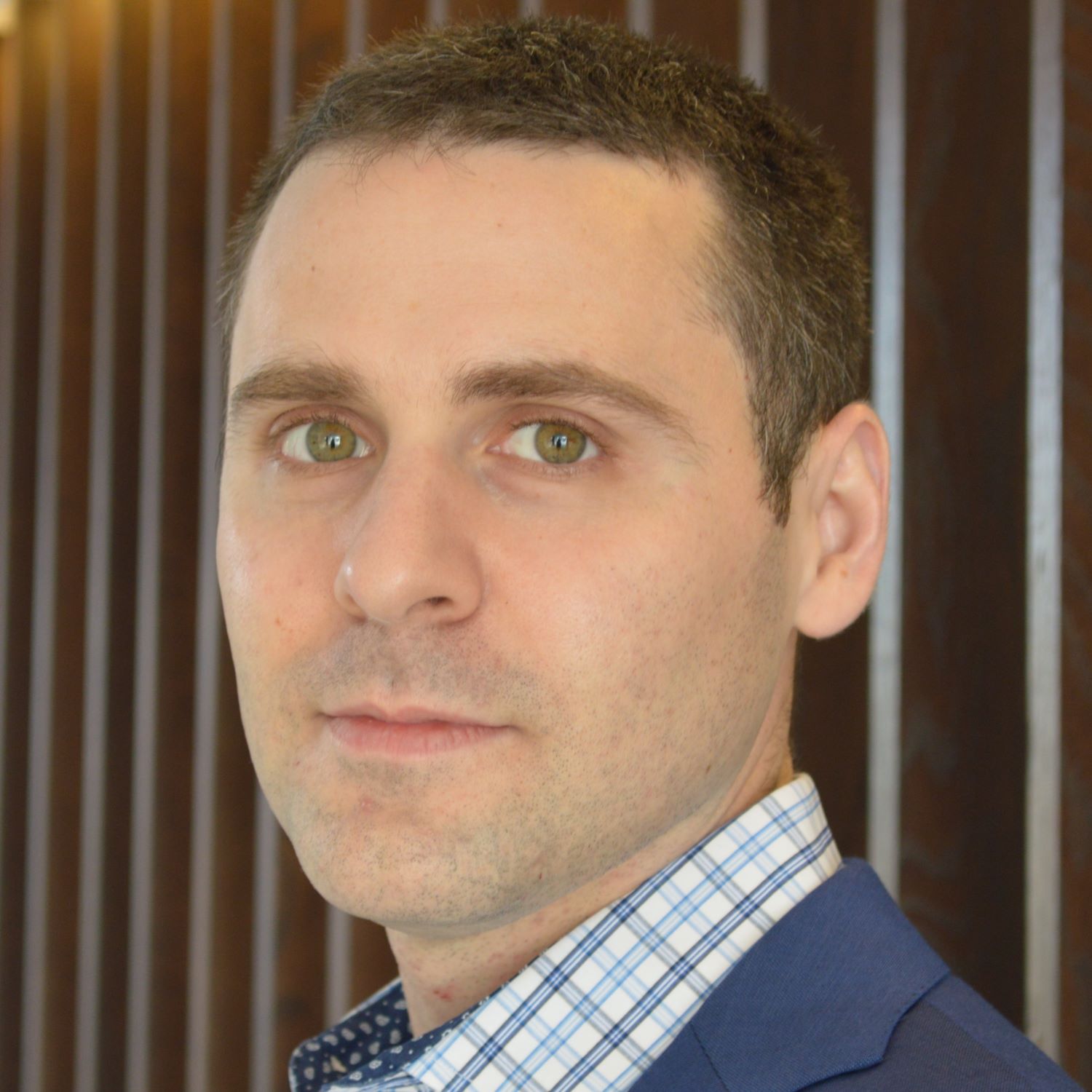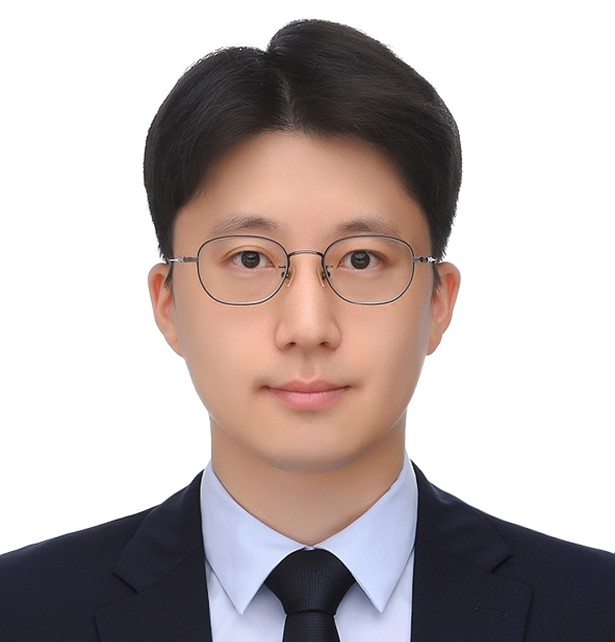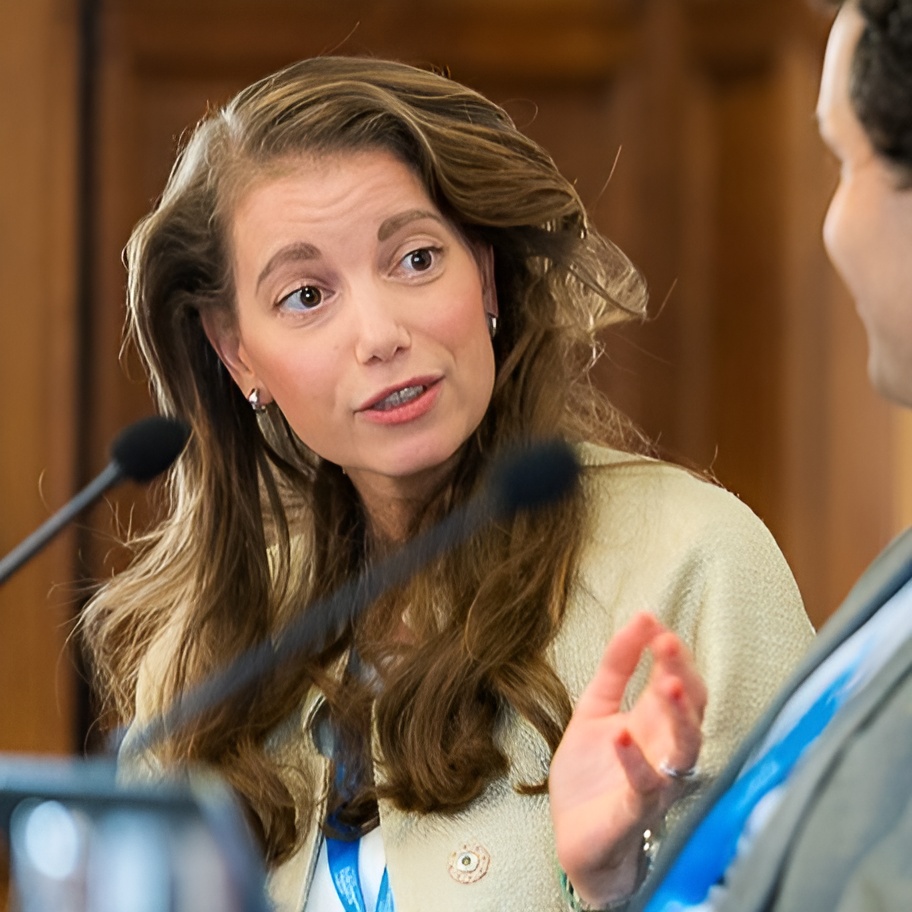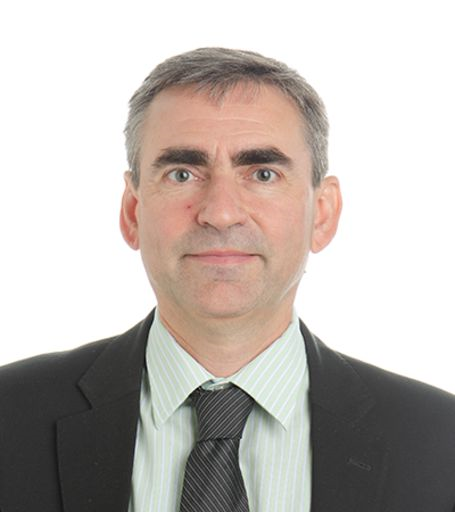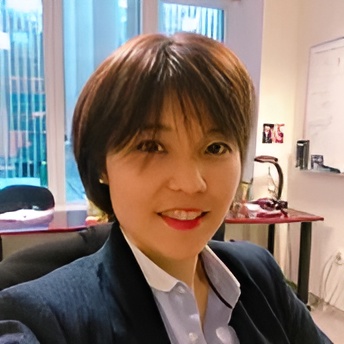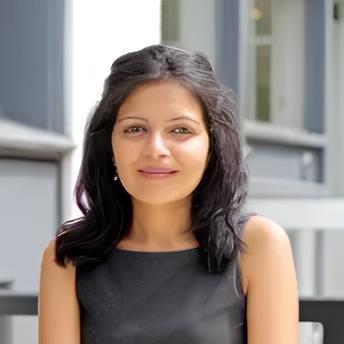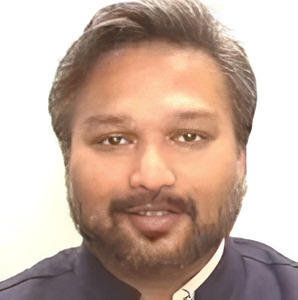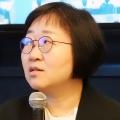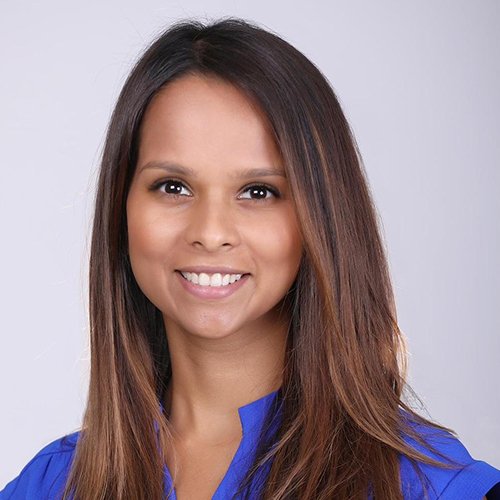- OVERVIEW
- AGENDA & PRESENTATIONS
- SPEAKERS
- VENUE
- RELATED
The World Bank-KDI Green Growth Seminar, scheduled for February 28, 2024, at the World Bank HQ in Washington, DC, emerges as a collaborative effort between the Korea Development Institute (KDI) and the World Bank, reflecting a shared commitment to fostering sustainable green transitions. This seminar is a response to the World Bank's 2023 announcement of a new vision and mission: a world free of poverty on a livable planet. With Korea positioned as a key player in green growth, particularly through the Korea Green Growth Trust Fund (KGGTF), the seminar aims to synergize knowledge exchange, technological advancements, and policy insights between Korea and the World Bank. As a leading think-tank in Korea, KDI plays a pivotal role in researching and formulating green transition policies, making it an ideal collaborator for this seminar. The objectives are to disseminate research findings, offer insights into pivotal policy domains associated with green growth, and align with the overarching objectives of the KGGTF.
DATE: Wednesday, February 28, 2024 9:00am-4:35pm
TIME: 9:00am-4:35pm
LOCATION: World Bank, 1818 H Street NW, Washington DC, 20433
ROOM: MC 13-121
9:00-9:15am |
Registration, coffee, tea, and pastries |
9:15-9:30am |
Opening Session
|
9:30-10:30am |
Session 1: Strategies for Sustainable Green Transition Moderator: Richard Damania, SD Chief Economist, World Bank
Panel Discussion and Q&A |
10:30-10:45am |
Coffee break |
10:45-12:00pm |
Session 2: Implementing Effective Green Transition Policies Moderator: Jongkyu Lee, Senior Vice President, KDI
Q&A |
12:00-1:30 pm |
Lunch break |
1:30-3:00pm |
Session 3: Financing the Green Transition Moderator: Jason Russ, Senior Economist, Sustainable Development Chief Economist Office, WB
Q&A |
3:00-3:15pm |
Coffee break |
3:15-4:30pm |
Session 4: Insights from International Studies on Green Transition Moderator: Esha Zaveri, Senior Economist, Sustainable Development Chief Economist Office, WB
Q&A |
4:30-4:35pm |
Closing remarks by KDI and WB |
The seminar unfolded across four sessions, each addressing a crucial aspect of the green transition journey. Those sessions encompassed strategies for sustainable green transition, the implementation of effective policies, financial considerations, and insights from global studies. The seminar's core objective was to facilitate dialogue, share expertise, and contribute to a collective understanding of green growth, laying the groundwork for transformative policies and actions that align with the sustainable development goals of both Korea and the World Bank.
Session 1: Strategies for Sustainable Green Transition
The opening session will delve into the strategic roadmap for Korea's green transition, discussing challenges and potential paths forward. It will also examine the integration of low carbon transition strategies with macroeconomic policies, extending the discussion to include global perspectives. This approach aims to blend environmental sustainability with economic planning, considering both national and international dimensions.
Session 2: Implementing Effective Green Transition Policies
Session 2 focused on the nuances of implementing effective green transition policies, with a special emphasis on the concept of a just transition in Korea, considering regional vulnerabilities and challenges. It expanded to include a broader regional perspective on equitable transitions. Additionally, the session delved into strategies for building sustainable green cities and the importance of valuing natural capital, exploring the necessary tools and policies for these initiatives. This comprehensive approach aimed to address the multifaceted aspects of green transitions, ensuring regional and urban considerations are integrated into policy frameworks.
Session 3: Financing the Green Transition
Session 3 concentrated on financing strategies for the green transition. Topics included enhancing Korea's carbon pricing mechanism, the mission of KCCI's carbon crediting program, KCS, and improving regulatory frameworks to support the green transition. Additionally, the session explored carbon pricing strategies for Asian countries and delved into the potentials of carbon markets for environmental impact, bringing together various perspectives on financial mechanisms crucial for supporting sustainable environmental initiatives.
Session 4: Insights from International Studies on Green Transition
Session 4 offered insights from international studies on green transition. It assessed the impacts of carbon neutrality policies on trade and carbon emissions in Korea, explored strategies for achieving net-zero emissions in the agrifood system, and analyzed the untact economy's impact on GHG emissions. Additionally, the session presented insights from CSIS, enriching the discussion with a broad spectrum of perspectives on global environmental challenges and solutions.
About the Venue
The conference will be held at the World Bank's Headquarters, located at 1818 H Street, NW, Washington DC 20433, USA. The room is MC 13-121.
Guests arriving before 12:30pm should use Main Entrance. Guests arriving after 12:30pm should enter through the Visitor Entrance.
World Bank Main Entrance
Please do not use the visitor’s entrance on 18th street but the main entrance at 1818 H street near the intersection of H street and Pennsylvania Avenue.

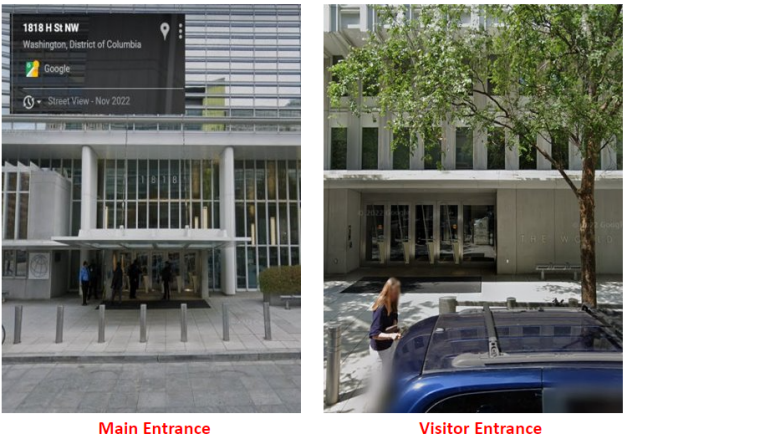
Date: February 28, 2024
Time: 09:00 AM - 04:35 PM ET
Location: MC 13-121, World Bank HQ, Washington, DC

